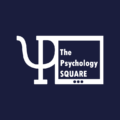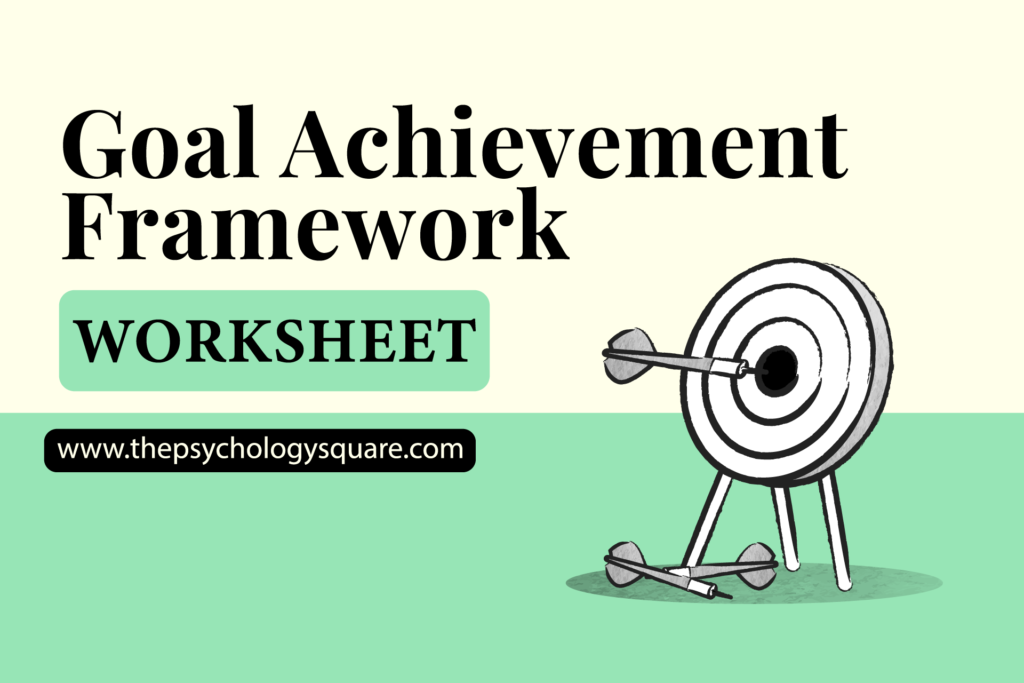Achieving complex objectives requires more than motivation; it demands a structured and systematic approach. The Goal Achievement Framework provides a comprehensive methodology for individuals seeking to define, plan, and achieve their goals effectively.
Purpose of the Framework
The Goal Achievement Framework assists individuals in translating broad aspirations into actionable steps while addressing potential challenges. Its systematic design ensures clarity, prioritization, and adaptability throughout the goal-setting process.
Key Components of the Framework
- Defining the Goal
The foundation of the framework is a clearly articulated goal. This step requires specifying what is to be achieved, ensuring the objective is measurable, realistic, and time-bound. - Breaking Down the Goal
Large goals can appear daunting. By segmenting the goal into smaller, manageable tasks, individuals create a roadmap that simplifies execution. - Prioritizing Tasks
Tasks are arranged based on sequence or importance. This step highlights dependencies and ensures that foundational steps are addressed first. - Identifying Potential Obstacles
Anticipating challenges enables individuals to proactively plan for disruptions. This foresight reduces the risk of setbacks derailing progress. - Brainstorming Solutions
A critical component of the framework involves devising strategies to overcome identified obstacles. This step encourages problem-solving and resilience. - Assessing Resources
Individuals evaluate the resources—time, financial means, skills, or support—required for each task. This ensures that essential prerequisites are in place. - Reflection and Adjustment
Progress is monitored through regular reflection, allowing for adjustments to the plan. This iterative process ensures alignment with changing circumstances and maintains focus on the goal.
Benefits of the Goal Achievement Framework
The Goal Achievement Framework offers several advantages:
- Enhanced Clarity: Breaking goals into manageable steps reduces ambiguity and provides direction.
- Proactive Problem-Solving: Anticipating obstacles fosters resilience and preparedness.
- Motivation through Milestones: Celebrating achievements along the way maintains engagement.
- Flexibility: Periodic reviews allow the framework to adapt to evolving situations, ensuring continued relevance.

